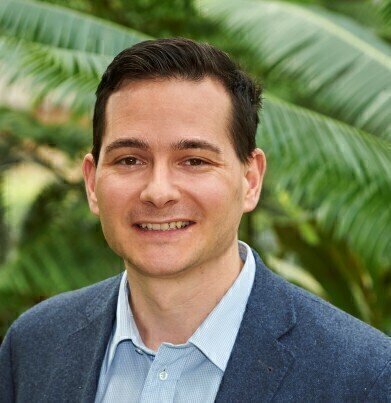-
 Prof. Andreas Walther
Prof. Andreas Walther
News & Views
ERC Consolidator Grant Supports Development of Intelligent Materials
Jan 04 2021
In support of his research at Johannes Gutenberg-University Mainz (JGU) into the creation of intelligent materials with properties characteristic of life, Professor Andreas Walther has received EUR 2 million from the European Research Council for his Metabolic Mechanical Materials: Adaptation, Learning & Interactivity (M3ALI) project. He plans to produce mechanical materials equipped with the ability to adapt, learn and interact. The long-term goal is to generate a form of coevolution between synthetic materials and living cells, which would blur the boundaries between animate and inanimate matter. The ERC Consolidator Grant, is one of the most richly endowed EU funding awards given to top-level researchers. Walther joined Mainz University in October 2020 from the University of Freiburg.
Plastics have been industrially manufactured for over 100 years and are now present in all areas of our lives. "Plastics, or more generally, materials with a polymer structure have shaped and improved human life over the past century. Today, there are polymers that change in response to external stimuli and developments inspired by the world of biology with innovative functions and properties," explained Walther. "If we were able to endow synthetic materials with the qualities of living organisms, we could transform these otherwise static substances into dynamic, truly intelligent and fully interactive material systems."
These intelligent materials are to be created using DNA-based hydrogels. "I will try to link various research areas together in the M3ALI project and combine what we have achieved to date. The new direction we are taking involves metabolic-mechanical materials that can be trained, that learn and adapt and show interactive behavior in systems," said Professor Andreas Walther, summarizing the work ahead. Possible applications could be tissue cultures that could be used to create artificial tissue structures or even trainable, self-learning materials, such as artificial muscles.
Digital Edition
Lab Asia 31.2 April 2024
April 2024
In This Edition Chromatography Articles - Approaches to troubleshooting an SPE method for the analysis of oligonucleotides (pt i) - High-precision liquid flow processes demand full fluidic c...
View all digital editions
Events
Apr 28 2024 Montreal, Quebec, Canada
May 05 2024 Seville, Spain
InformEx Zone at CPhl North America
May 07 2024 Pennsylvania, PA, USA
May 14 2024 Oklahoma City, OK, USA
May 15 2024 Birmingham, UK

















